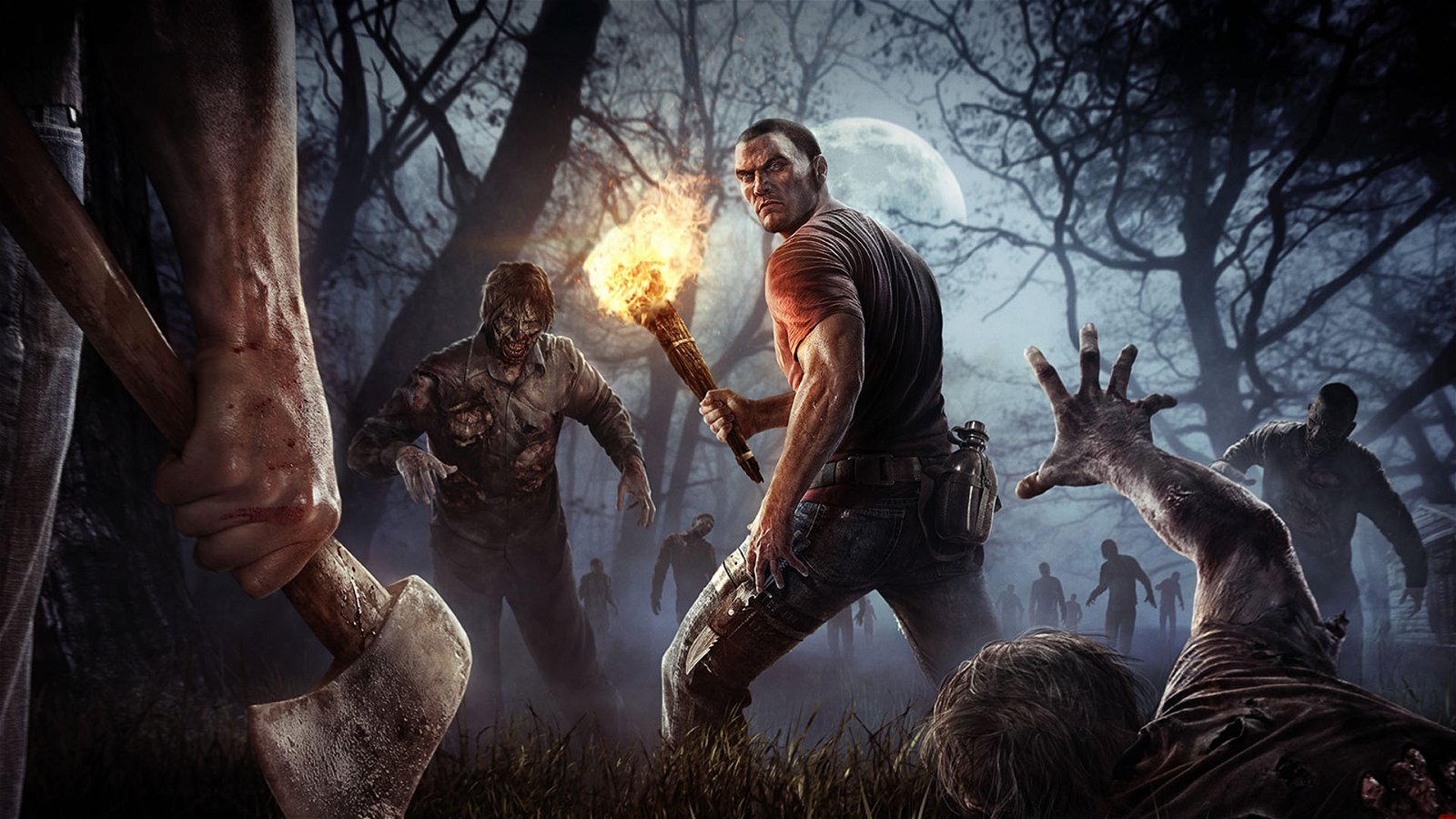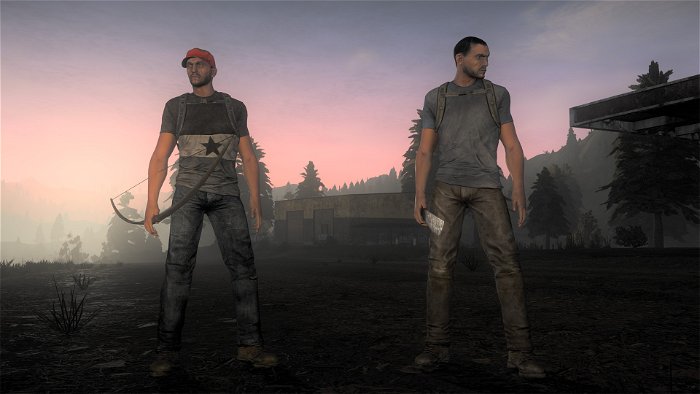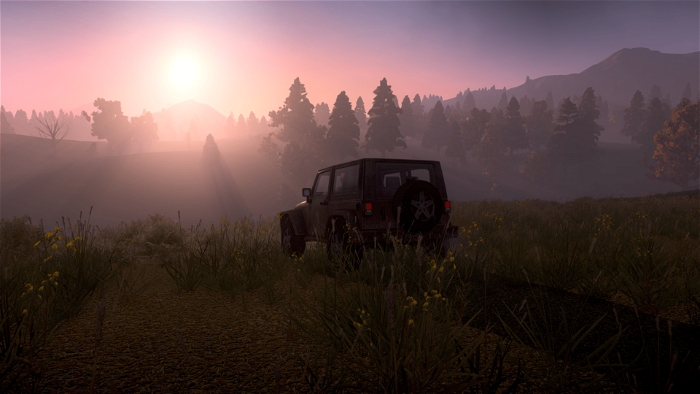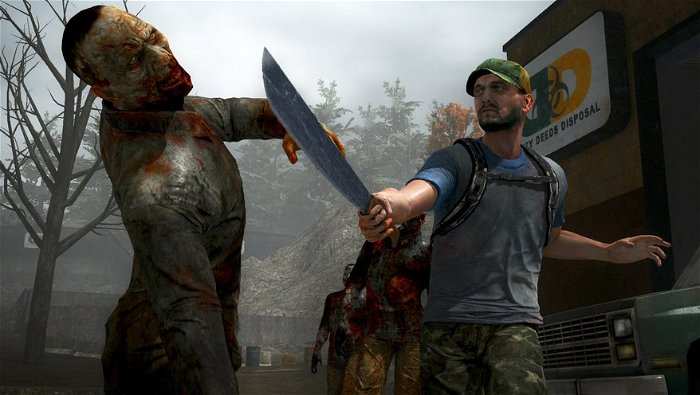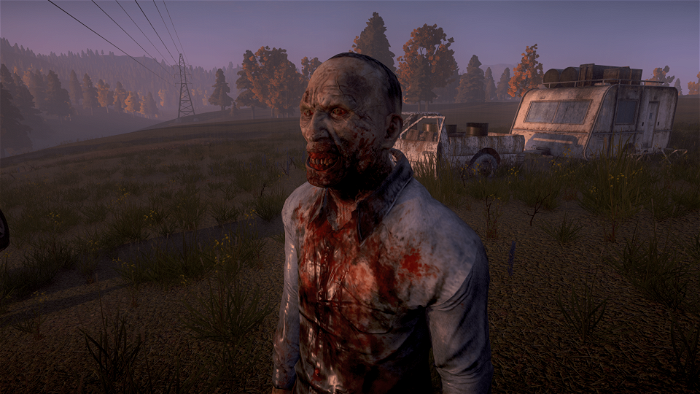Here’s a hypothetical to ponder: If you sat down at a banquet—for which you had paid ahead—for a steak dinner at a price of $X and before it arrives, the server returns to apologize that not all of the fixings are available for the sides, but they still have the steak to cook and serve you; would you still want it? And if you did, how would you feel if, once the steak arrived, you took a couple bites, only to have the server return to take your steak away and replace it with a burger and fries? You’d probably be pretty upset at this point and want your money back right? “But sir!” the server exclaims, “The meat in your burger still comes from a cow. It’s the same thing!” You, like any sane person, would be offended by the insult and outraged with the establishment for trying to pull one over on you.
So why are we accepting that DayBreak Games have pulled this exact scam on us with H1Z1?
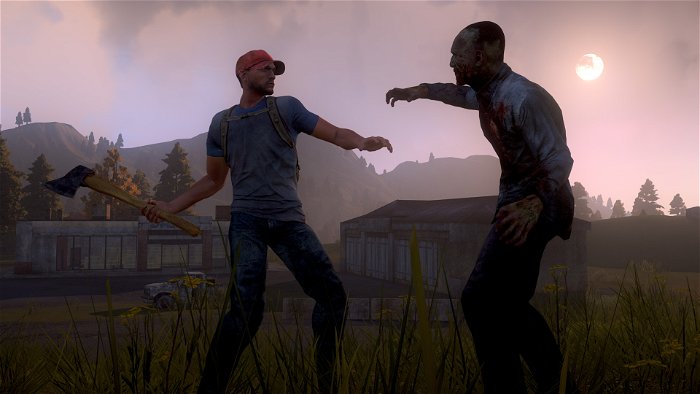
I, like many gamers, was won over by the ambitions of H1Z1 when it first came to Early Access last spring. The promise of a vast, open-world, evolving survival experience from the practiced developers at Sony Online Entertainment had me interested enough to pay the money and support what was to be launched as a Free to Play title. Then something strange happened; development slowed to a crawl. Not only were promised features not being implemented and promises being forgotten, a strange time-waster was brought in to hold us over between patches—Battle Royale. Then, as development promises slipped into nothingness, resources were continually diverted away from the core game to support the “I’m sorry we’re slow, have this while you wait” content.
Months went by with little done to address many of the balance and gameplay issues in the Survival mode, framework for promised systems was laid and then never built upon, and all the while, hackers ran rampant through the world of H1Z1. To SoE’s credit (Now DayBreak), they remained diligent about banning hackers, and I do appreciate that fact. But none of that makes up for the fact that development on the game was all but halted in favour of the Battle Royale game mode.
Recently it was announced (and implemented) that H1Z1 would be, by alleged “player request”, split into two separate games—Just Survive and King of the Kill—featuring two separate clients and two separate development teams. Along with this came the announcement that rather than launching as a Free to Play title—something that would drastically bolster the game’s struggling playerbase—the game’s buy-in cost would remain. Only now, it was to be doubled, as both games would incur the full $20 cost that would previously have allowed players to support a free title.
There’s a phrase reserved for exactly this type of scenario: Bait and Switch. It’s what we use to refer to a company that promises a product, and then upon receiving payment for said product, delivers a different and unequal version. It’s shady as hell (not to mention illegal), but it does happen. Here’s the thing; Steam has, in the past, been fairly consistent in refunding the purchases of games that have bailed on development or outright turned their back on Early Access promises. I’m sure we all remember The War Z incident.
Being burned by Early Access titles that under-deliver is one thing, and that will always fall under the category of Buyer Beware. However, charging for a game under false pretenses and then walking off with the money is something totally different. Unfortunately, Steam’s Early Access program is far-too vulnerable to this sort of manipulation right now. It shows us that we need safeguards in place to discourage scams of this sort. At the very least, it illustrates why refunds should be available at any point during a game’s Early Access cycle, as games, even ones with good intentions, can change course radically from what we originally bought into. Moreover, companies that pull scams like this, including making development promises that simply can’t be delivered upon and falsifying development schedules, should have their sales halted on the platform.
Look, I understand that some people still enjoy H1Z1. Hell, I even accept that there are some people that like it more now that development has shifted towards the Battle Royale game mode. I would never call that into question. My point is that many of us supported a product that was never delivered upon. Even if you believe that SoE had every intent to deliver on their original development promises (and for the sake of giving them the benefit of the doubt, I will), you have to accept that this move was very underhanded. At the very least, refunding the purchases of players who cry foul of this isn’t just good PR, it’s a way to defuse a potential legal battle before it starts. What has been done here is illegal, and no amount of shutting down forum threads or squelching posts on social media will make it any less so.
Here’s the funny thing: had DayBreak been diplomatic about the whole situation and refunded the purchases of those who politely illustrated the reasons for wanting them, this whole thing would have blown over. Hell, I’d probably be writing an article singing the praise of DayBreak, rather than the one you’re reading. But now, by spitting in the faces of those who believed in them, not only has Daybreak lost the support and revenue from plenty of gamers, they’ve allowed this situation to fester into a wound much bigger than it would otherwise have been.
And if nothing comes of this situation on the Valve end of this, it is, at the very least, a lesson in precisely how not to handle PR.
